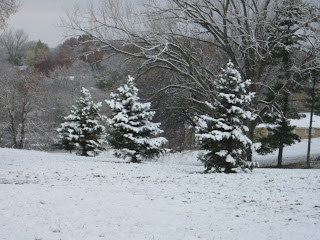I’m grateful I’ve been able to return to prison ministry after completing my novice year because I learn so much from the inmates. They
are faithful in coming to our Catholic gathering every Wednesday night, even though
they are derided as holy rollers and it would be so much easier to
zone out in front of the TV. They come because it is a place where they will be
accepted, where they can let down their guard for 90 minutes, where they can
gain strength from receiving the Eucharist. They are acutely aware of their
need for forgiveness and are grateful for it.
Those of us who have had comfortable upbringings rarely come
to God out of a sense of urgency. It’s different for persons with a background
of poverty, addiction, abuse, and mental illness—for them, God is a lifeline.
Being with the inmates reminds me that God is my lifeline too, my rock, the one
whose love is everlasting. We are all humbled by the challenges of life at one point
or another, but when we gather in God’s name, we help each other remember that
we are beloved by God. Recognizing that we are claimed by God and reforming our
lives to walk on God’s path gives us a dignity that no one can take away.
Lessons on God’s path often come in unexpected places, such
as behind prison bars. Fortunately, life often presents us with the unexpected
to help us see in new ways and learn that God is always present wherever we go
and in every person we encounter.












